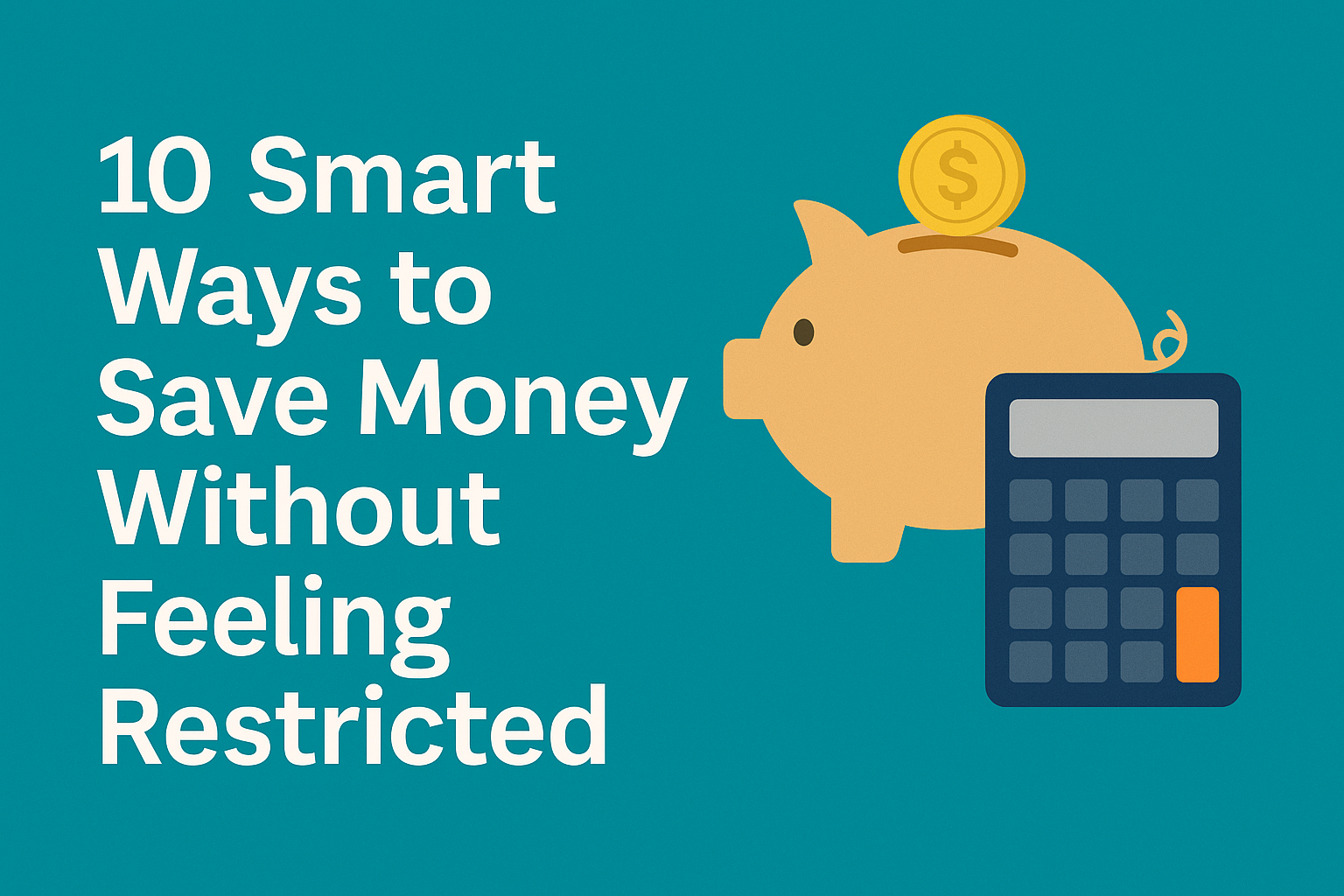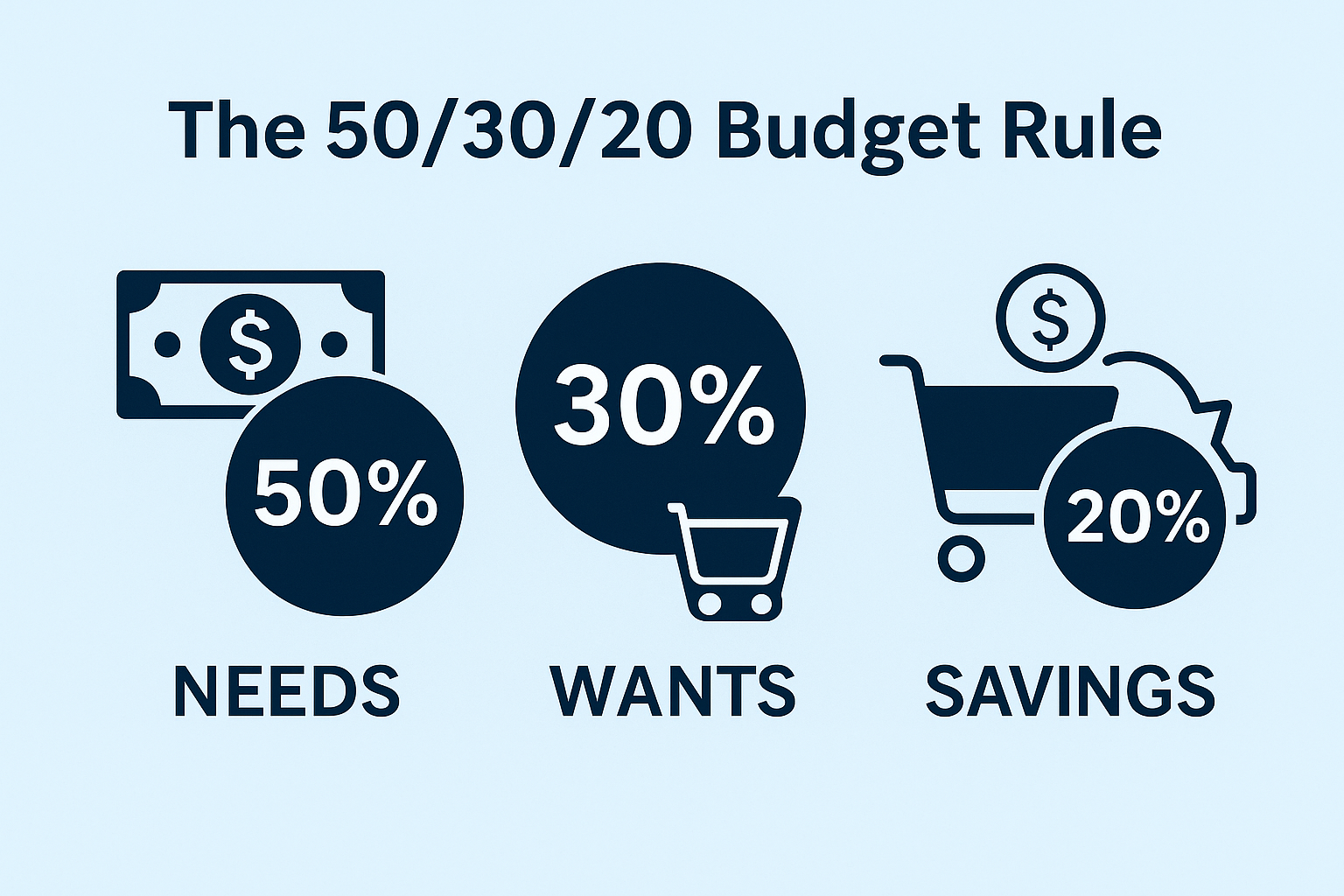Everyone starts somewhere.
Whether you’re 18 and opening your first account or just moving to the U.S., building credit can feel like a mystery — one filled with numbers, reports, and confusing jargon.
But here’s the truth: good credit isn’t luck — it’s strategy.
And the sooner you start, the easier it becomes to unlock financial freedom.
Here’s exactly how to build strong credit from zero — step by step.
1. Understand What Credit Really Means
Before you can build it, you need to know what it is.
Your credit score is a three-digit number (typically between 300 and 850) that tells lenders how trustworthy you are with money.
It’s based on your credit history — how you’ve borrowed and repaid debt.
The main credit bureaus in the U.S. are:
- Equifax
- Experian
- TransUnion
These agencies collect your financial data to create your credit report, which affects your ability to:
✅ Get approved for loans or credit cards
✅ Rent an apartment
✅ Finance a car or house
✅ Even land certain jobs
💡 The better your score, the cheaper your life becomes.
(Related: Emergency Fund 101: How Much Do You Really Need?)
2. Start with a Secured Credit Card
If you don’t have any credit yet, most banks won’t offer you a traditional card.
That’s where secured credit cards come in.
Here’s how they work:
- You deposit a set amount (say $300).
- That deposit becomes your credit limit.
- You use it like a normal card and pay your balance each month.
After 6–12 months of responsible use, you’ll establish a credit history — and can often upgrade to an unsecured card.
📈 Pro Tip: Always pay in full and on time to avoid interest and build a perfect payment record.
Popular options in 2025:
- Discover it® Secured
- Capital One Platinum Secured
- Chime Credit Builder Card
3. Become an Authorized User
If a family member or close friend has a strong credit history, ask to become an authorized user on their card.
When they pay on time, that good payment history appears on your credit report too — instantly boosting your score.
🧠 Important: Make sure the primary cardholder uses credit responsibly.
Their late payments can hurt your score just as much as help it.
4. Use Credit Responsibly (30% Rule)
Credit scoring models care a lot about credit utilization — how much of your available credit you’re using.
📊 Rule of thumb: Keep your utilization under 30% at all times.
Example:
If your credit limit is $1,000, never carry more than $300 in balance.
This shows lenders you can manage credit without relying on it too heavily.
💬 Bonus tip: Paying off your balance before the statement closes can keep your utilization even lower.
5. Pay Everything On Time — No Exceptions
Your payment history makes up 35% of your credit score, the biggest factor.
Just one late payment can drop your score by over 100 points.
To stay on track:
- Set up autopay for at least the minimum due.
- Use reminders or banking apps to track due dates.
- Never ignore bills — even small ones like phone or utilities.
⏰ Consistency beats everything else when building credit.
6. Monitor Your Credit Regularly
You can check your credit report for free once a year at:
👉 AnnualCreditReport.com
Or use apps like Credit Karma, Experian, or NerdWallet to get regular updates.
Monitoring your credit helps you:
- Spot errors or fraud early
- Track progress
- Stay motivated
💡 Pro Tip: Dispute any incorrect information — errors are surprisingly common and can unfairly drag down your score.
7. Mix Different Types of Credit (Eventually)
Once you’ve built some history, diversify your credit mix.
Lenders like to see you can handle different kinds of credit responsibly.
Types include:
- Revolving credit (credit cards)
- Installment loans (auto loans, student loans, personal loans)
📈 Example: Having both a car loan and a credit card can boost your score faster than having just one type of account.
(Related: 7 Financial Habits That Will Make You Rich Over Time)
8. Be Patient — Time Builds Trust
Credit is built over months and years, not weeks.
A strong score requires consistent, long-term good habits.
Keep your oldest accounts open — the longer your credit history, the better your score.
Even after you’ve “made it,” continue using credit wisely to maintain your reputation.
💬 Think of your credit like a relationship — the longer you treat it right, the stronger it gets.
Final Thought
Building credit from scratch might feel slow, but every responsible decision compounds.
Start small, stay consistent, and never miss a payment — and you’ll soon have lenders competing for you.
Because once you master credit, you don’t just borrow money — you buy financial freedom.
(Also read: How to Pay Off Credit Card Debt Fast in 2025)


Pingback: low-income budget hacks that actually work in 2025
Pingback: Living Paycheck to Paycheck: How to Break the Cycle in 2025